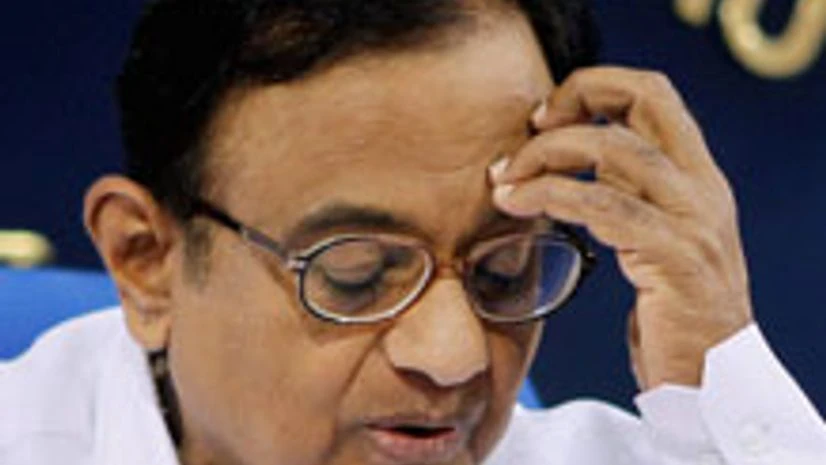The government is planning to reach out to sovereign wealth funds to minimise the impact of US Federal Reserve’s tapering of quantitative easing on Indian markets. Finance Minister P Chidambaram today asked financial sector regulators to take preventive steps before stimulus rollback starts early next year.
At the eighth meeting of the Financial Stability and Development Council (FSDC), Chidambaram emphasized the opportunity available due to the postponement of the reversal of the monetary policies in the United States should be utilized to further address the macroeconomic imbalances.
Withdrawal of the $85 billion-a-month bond buying programme by the US, which will lead to outflow of funds from emerging markets, was deferred by the Federal Reserve in September.
Also Read
“We have opened up the markets on the debt side but foreign investors are not rushing in. We will now seriously engage with potential big ticket debt players. We will reach out to sovereign wealth funds in Nordic countries, west Asia and some states of Australia,” said a finance ministry official.
Asked whether the government would take any measures on the equity side, the official said that was not a worry as many of the equity players were investors for last several years and they would base their investment decisions on growth prospects of the sector they have put in their money.
“The question was the bulk of the problem has happened or will happen. Would it affect equity? The general view was that it is not worrying… We discussed what can be done between now and December to minimise the impact of tapering,” added the official, who did not wish to be identified.
The government has lined up some meetings with FIIs next month. While it is not so much worried about tapering, it is concerned about its timing. If the Fed Reserve starts tapering in April instead of January, the finance ministry might not be able to take any significant measures because of elections.
The FSDC meeting was attended by RBI Governor Raghuram Rajan, Sebi Chairman UK Sinha, PFRDA Chairman Yogesh Agarwal, Irda Chairman TS Vijayan and all Secretaries of the finance ministry. FMC Chairman Ramesh Abhishek was also present since the commodities’ regulator has now come under the ambit of the finance ministry. Just before the FSDC meeting, all its members, including the finance minister, gave a farewell to former RBI Governor D Subbarao at Delhi’s Gymkhana Club.
The FSDC also discussed the possibility of implementation of recommendations of Financial Sector Legislative Reforms Commission (FSLRC). It was decided that all regulators would finalise an action plan for implementation of all FSLRC principles relating to regulatory governance, transparency and improved operational efficiency that do not require legislative action.
“As regards legislative recommendations, it was decided to analyze the public comments and feedback to further fine tune the draft Indian Financial Code… It also discussed the corporate distress redressal mechanism laid out under the Companies Act, 2013 and identified the role of regulators,government to implement these provisions to prevent, as also to take remedial measures on, corporate distress,” the finance ministry said in a statement.
Meanwhile, the RBI Governor separately met the finance minister earlier during the day to discuss macroeconomic situation ahead of second quarter monetary policy review on October 29. As inflation is persistently high, there are indications that he may increase the policy rate further.
Economic Affairs Secretary Arvind Mayaram, however, said the government measures on economy are showing results and government will continue to take measures.

)
